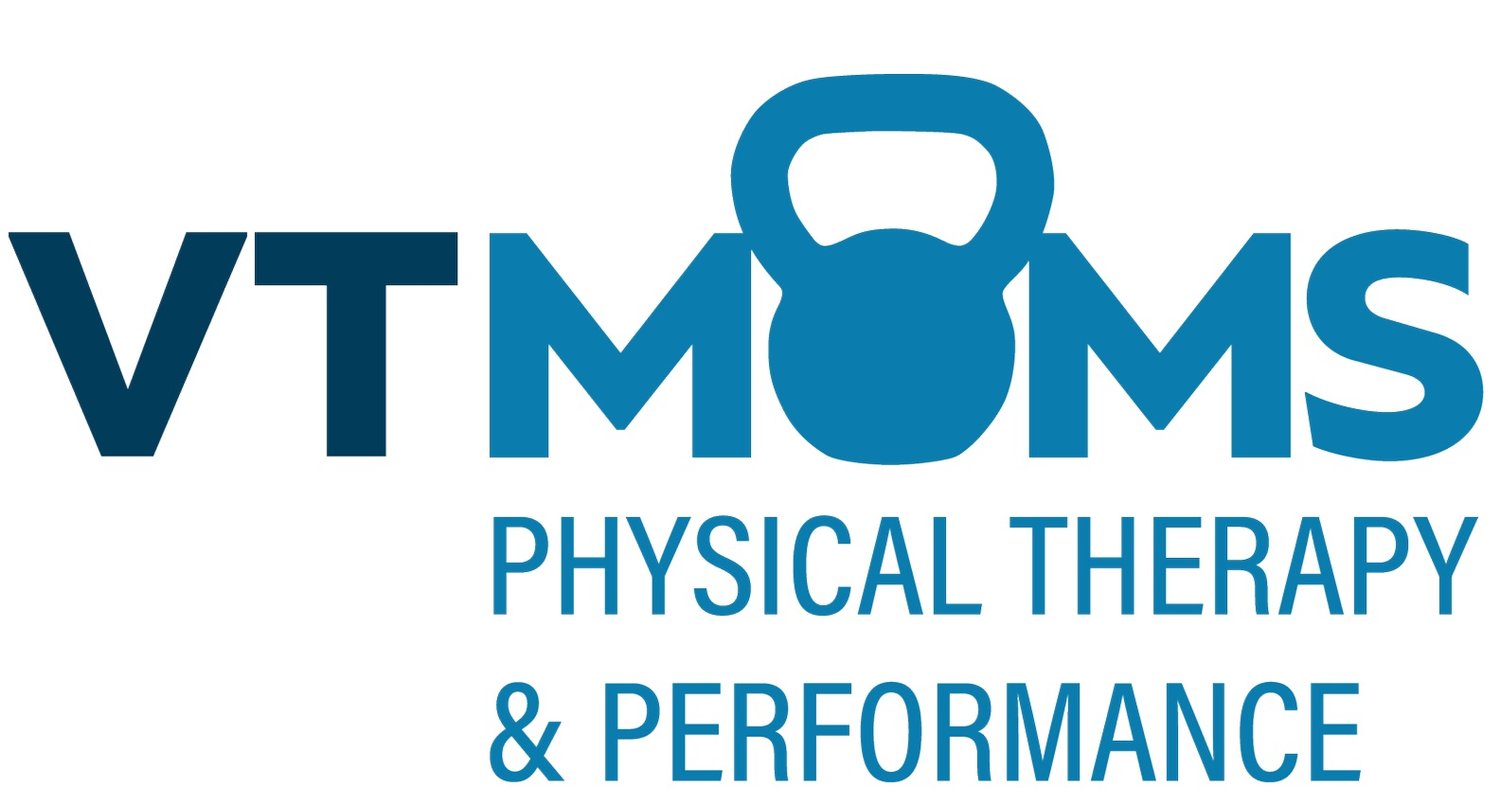From Leaks to Lifting: Rebuilding Function After Pregnancy
During pregnancy and childbirth, the pelvic floor undergoes significant stress. This group of muscles, ligaments, and connective tissues supports the bladder, uterus, and rectum—and it's stretched and strained as the body adapts to a growing baby. Whether you have a vaginal or cesarean delivery, the pelvic floor is impacted.
READ: What to Expect at Your First Pelvic Floor PT Appointment
Hormonal changes during pregnancy also soften and relax these tissues, which can contribute to pelvic instability and decreased muscle tone. Add the weight of the baby and the physical effort of delivery, and it's no surprise that many women experience symptoms like urinary leakage, heaviness, or discomfort.
These changes are not just "normal"—they’re signs that the pelvic floor needs attention and recovery, just like any other muscle group after physical stress. The good news? With proper support, these muscles can heal and become stronger than ever.
Why Leaking and Core Weakness Are Common Postpartum
Urinary leaking, core weakness, and a general feeling of instability are incredibly common postpartum — but they’re not something anyone has to just “live with.”
During pregnancy, the abdominal muscles stretch to accommodate a growing baby. This often leads to diastasis recti, a separation of the abdominal wall that weakens core support. Without a strong core, the pelvic floor has to work overtime, often leading to dysfunction.
READ: Is Pelvic Pain Normal? When to Seek PT Support
Meanwhile, the pelvic floor itself is working under pressure. It supports the weight of the uterus and baby during pregnancy and endures significant force during labor and delivery. Even with a cesarean birth, these muscles are affected by months of weight-bearing and hormonal changes.
These combined factors make leaking during exercise, sneezing, or even walking surprisingly common. But common doesn’t mean permanent — and it certainly doesn’t mean unfixable.
Getting Back to Lifting, Running, and Living Fully Again
Once symptoms like leaking, heaviness, or core weakness begin to improve, many moms are eager to return to the activities they love — whether it’s lifting at the gym, running outdoors, or simply moving through daily life with ease.
Pelvic floor physical therapy helps bridge the gap between healing and performance. It's not just about doing a few basic exercises — it’s about building a foundation for safe, long-term strength. Your therapist will guide you through progressive movements that challenge the pelvic floor and core in functional, real-life ways.
Want to deadlift again? Pick up your child without hesitation? Train for a 5K? With the right plan, these goals are not only possible — they’re expected. Rehab is not the finish line. It’s the starting point for a stronger, more resilient version of you.
Getting Back to Lifting, Running, and Living Fully Again
Once symptoms like leaking, heaviness, or core weakness begin to improve, many moms are eager to return to the activities they love — whether it’s lifting at the gym, running outdoors, or simply moving through daily life with ease.
READ: Sleep Tips for New Vermont Moms: How PT Can Improve Rest & Recovery
Pelvic floor physical therapy helps bridge the gap between healing and performance. It's not just about doing a few basic exercises — it’s about building a foundation for safe, long-term strength. Your therapist will guide you through progressive movements that challenge the pelvic floor and core in functional, real-life ways.
Want to deadlift again? Pick up your child without hesitation? Train for a 5K? With the right plan, these goals are not only possible — they’re expected. Rehab is not the finish line. It’s the starting point for a stronger, more resilient version of you.
What to Expect at VT Moms Physical Therapy
At VT Moms Physical Therapy in Middlebury, Vermont, postpartum care is anything but one-size-fits-all. Every mom’s body — and every birth story — is unique, which is why your care starts with a one-on-one evaluation tailored to your specific needs and goals.
In your first session, your physical therapist will assess your pelvic floor, core strength, posture, breathing, and movement patterns. From there, you'll receive a personalized treatment plan designed to help you rebuild function, reduce symptoms, and get back to the life you love.
What sets VT Moms apart is their supportive, judgment-free approach. Whether you're weeks, months, or even years postpartum, you're welcome here. Leaking, core weakness, and pelvic discomfort are treatable — and you don’t have to figure it out alone.
With expert guidance, a clear plan, and compassionate care, you’ll leave each session feeling more informed, empowered, and strong.

